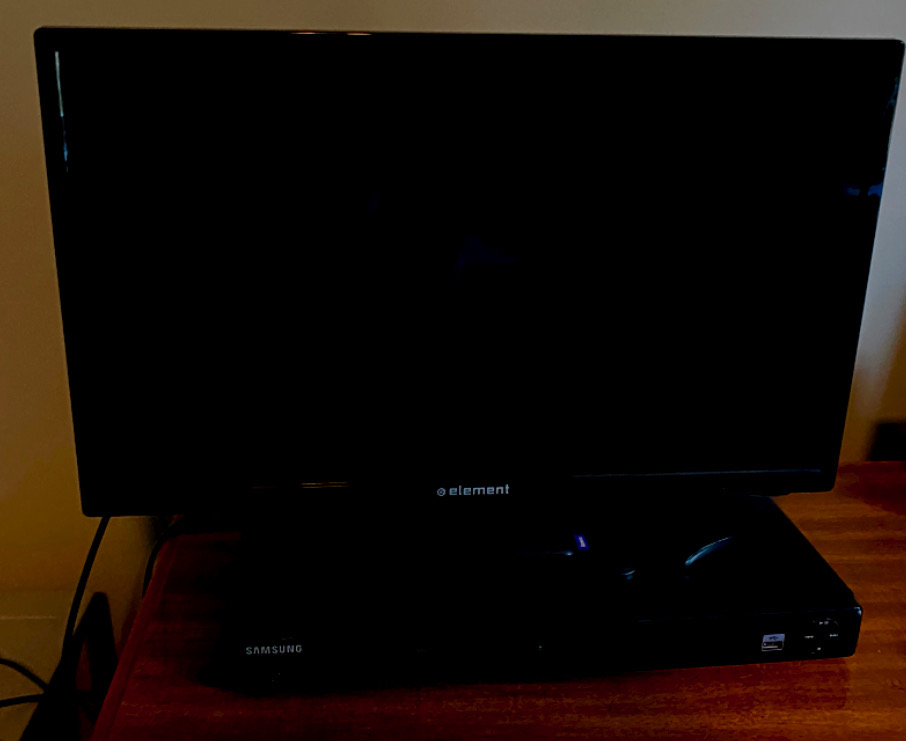Diabetes medication, colon cancer screenings and hotel bookings. These three things didn’t walk into a bar, but they, among others, have all been advertised through musical commercials within recent months.
Before the bulk of this article begins, I will clarify what I mean when I talk about “musical commercials.” Many commercials implement musical elements such as jingles or popular licensed songs, but some go further. These advertisements function as full-on musical numbers, with original melodies and lyrics, some going so far as to include choreographed ensemble dance numbers. Though it may sound like a good thing for companies to put this much effort into creating a memorable ad, it turns out to be nothing short of dreadful in practice.
As anyone who has ever listened to a radio station can tell you, the only thing worse than hearing an obnoxiously catchy song is hearing it on repeat. Just by writing this article, I am forcing myself to be reminded of the infernal melodies that have haunted my attempted enjoyment of programs. Not only are these songs annoying, their existence as commercials allows them to be played multiple times in a short time span. While watching a 22-minute episode of “Brooklyn Nine-Nine” on Peacock, it seems impossible to avoid a woman singing about her type two diabetes at least once, more often two or three times.
I can only assume that these types of ads are appearing for a reason that is as insulting as it is accurate: companies assume audiences have short attention spans. And they’re right.
In an age of TikTok videos that are 60 seconds or less, it’s no surprise that people have difficulty focusing and remembering as well as they used to. To combat this, certain companies have made attempts to ingrain their products into viewers’ brains through the use of earworms. Regardless of how accurate these assumptions are, it is still incredibly insulting for a corporation to have so little faith in the attention span of its consumers that it resorts to such cheap tactics as these annoying songs.
Some people say the only measure of the success of an advertisement is how much attention it gets. If a lot of people are talking about a commercial, positively or negatively, the brand’s name is getting out there and the company has succeeded, right? Maybe, but not necessarily. Though a lot of work that goes into commercials focuses on subtly getting people to change their minds over time, I’d wager to guess that becomes counteracted by a strongly negative reaction to an ad. Having a familiar and well-established brand helps a company, but being known as “the brand with the obnoxious song” can’t be good marketing, can it?
According to some, it is. Many brands actively try to make commercials as annoying as reasonably possible to make a permanent mark in the minds of consumers. However, I can’t imagine that anyone would look at a product, be reminded of an extremely irritating ad and decide to buy the product because of said ad. This is all conjecture, of course, from somebody who knows little about marketing, but surely nobody who thinks twice about the products they purchase could be a victim to these underhanded tactics. Right?
Maybe this article is part of the problem. Maybe, just by acknowledging these insufferable commercials, I am perpetuating the system which I aim to criticize. Though one article can surely not change the psychological effects of advertisements that have been engineered to manipulate viewers in every way possible, the least I can do is make people aware of the problem.
Companies do not care about you. They care about money. They do not want to entertain or help you. The only reason they do so is because they have found it to be an effective path toward making money. There are people involved in companies who are well-meaning with the best of intentions, but their wills are rarely respected by the whole. The next time you see an obnoxiously memorable advertisement, think twice about what it’s trying to say to you. Don’t let the big brands win.



